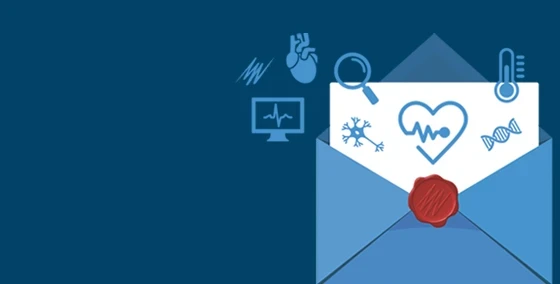Sims T., Van Reekum C., Johnstone T., Chakrabarti B. (2012). How reward modulates mimicry: EMG evidence of greater facial mimicry of more rewarding happy faces. Psychophysiology 49(7):998-1004 Details
Customer study highlights
We subconsciously mimic facial expressions and bodily postures while interacting with others. These are signs of empathy and social engagement. This study asks whether spontaneous facial mimicry is influenced by the reward value of a social interaction, and examines the effect of autistic tendencies.
To determine the value of associating reward with positive facial expressions, this study first employed a conditioning phase. The subject was shown pairs of playing cards, each accompanied by a neutral image of an actor. The cards were ‘rigged’ to allow the subject to either win or lose; hence the subject was either positively- or negatively-conditioned to the actor’s face.
In the test phase, the subject was shown positive (smiling) or negative (angry) images of actors’ faces, some familiar from the conditioning phase and several novel faces, which they were asked to identify. The sole purpose of this was to ensure the subject’s concentration. The subjects’ facial expression was monitored through EMG activity in the Zygomaticus Major muscle, engaged in smiling, with the Corrugator Supercili muscle as control (not activated during smiling). EMG data were acquired using an ADInstruments Octal Bio Amp and PowerLab and analyzed with LabChart 7.
Subjects’ autistic tendencies were assessed using the 50-question Autism Spectrum Quotient (AQ). The hypothesis that Zygomaticus Major activity was greater after exposure to ‘high-reward’ happy versus ‘low-reward’ happy faces was confirmed in the low AQ group (no autistic tendencies), but not in the high AQ group. Hence there is indeed a link between spontaneous mimicry and reward, which is sensitive to an individual’s autistic tendencies.
The authors speculate that this has implications for many other reward processes that are known to reinforce social behaviors. For example, in human relationships, rewards of sex, love and understanding can be reinforced by facial mimicry and everyday focused attention.
